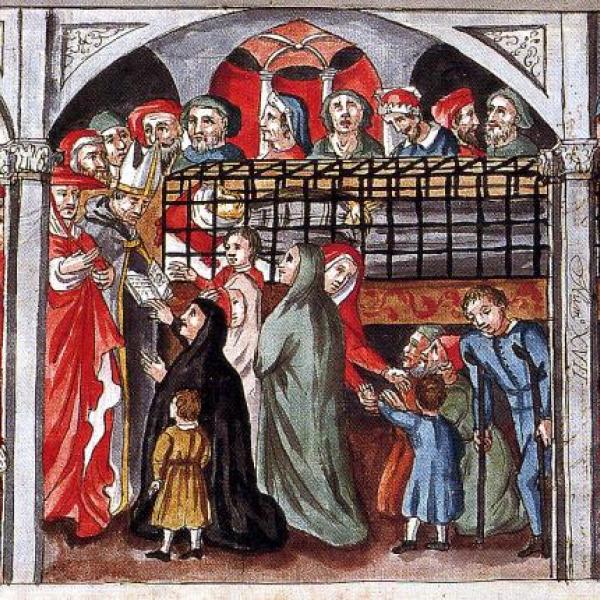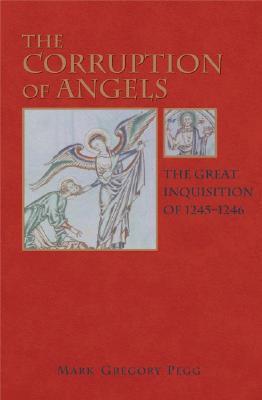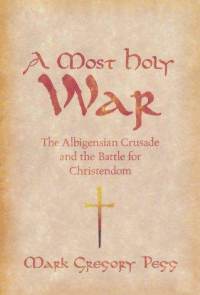Selected Publications
Peer-Reviewed Articles
“The Paradigm of Catharism; or, the Historians’ Illusion,” in Cathars in Question, ed. Antonio Sennis (Woodbridge: Boydell and Brewer, 2016), pp. 21-52.
“Innocent III, les Pestilentiels Provençaux et le paradigme épuisé du catharisme,” Cahiers de Fanjeaux:Innocent III et le Midi 50 (2015): 225-279.
“A Cautionary Note,” in Center and Periphery: Studies on Power in the Medieval World Honor of William Chester Jordan, eds. Katherine Jansen, Guy Geltner, and Anne Lester (Brill: Leiden, 2013), pp. 249-262.
“Albigenses in the Antipodes: An Australian and the Cathars,” Journal of Religious History, 35 (2011): 577-600.
“Historians and Inquisitors: Testimonies from the Early Inquisitions into Heretical Depravity,” Primary Sources and the Study of Medieval History, ed. Joel Rosenthal (London: Routledge, 2012), pp. 98-113.
“The Cathars and the Albigensian Crusade,” in The Byzantine and Crusader Mediterranean (6th-14th Centuries): Trade, Cultural Exchange, Warfare, and Archaeology: Festschrift for John Pryor, eds. Ruthy Gertwagen and Elizabeth Jeffreys (Aldershot: Ashgate, 2012), pp. 329-351.
"Heresy, Good Men and Nomenclature," in Heresy and the Persecuting Society in the Middle Ages. Essays on the Work of R.I. Moore, ed. Michael Frassetto (Leiden: Brill, 2006), pp. 227-239.
"'Catharism' and the Study of Medieval Heresy," New Medieval Literatures, 6 (2004): pp. 249-269.
"Questions About Questions: Toulouse 609 and the Great Inquisition of 1245-1246," in Trials and Treatises: Texts on heresy and Inquisition, eds. Peter Biller and Caterina Bruschi (Woodbridge: Boydell and Brewer, 2003), pp. 111-125.
"On the Cathars, the Albigensians and good men of Languedoc," Journal of Medieval History, 27, (2001): pp. 181-195
"Le corps et l'autorite: la lepre de Baudouin IV," Annales ESC, 45 (1990): pp. 265-287.
Work in Progress
Holiness: A History: a study of holiness from the ancient to the early modern world.






